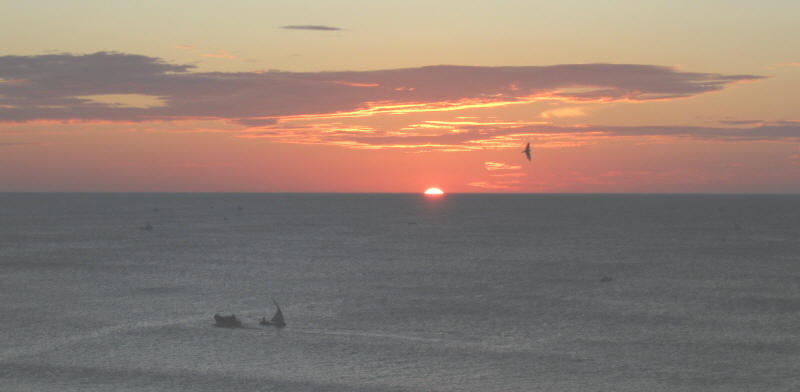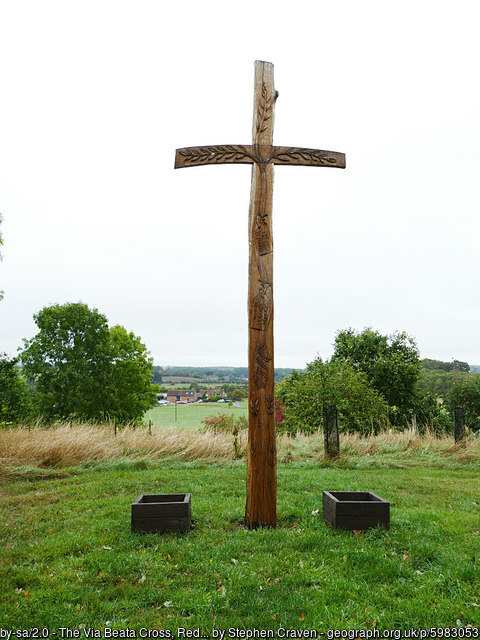If this is your first viewing, please see my Introduction before reading this.
18 December. John chapters 3-4
It is often claimed that John 3:16 is the best known verse in the whole Bible – “For God so loved the world that he gave his only Son, so that everyone who believes in him may not perish but may have eternal life.” I’m not so sure – in a largely secular world where many people only come across the Christian message through Nativity plays and Christmas carols, something like “And she gave birth to her firstborn son and wrapped him in bands of cloth, and laid him in a manger, because there was no place for them in the inn” (Luke 2:7) is probably better known.
Be that as it may, the message in John 3:16 is an important one. At the core of the Bible story is God’s love for humanity. Love so strong that it endures any number of rejections. Love so strong that it is willing to put up with pain, humiliation and rejection. Love so strong that it could go through the apparent finality of death and come out triumphant the other side. And where Jesus led, entering eternal life, those who follow him can also expect to go. Hence the bit about not perishing. Yes, we will die physically, but spiritually we can gain this “eternal life” here and now, and know that it will survive death.
That is what Jesus also managed to convey, in a different way, to the Samaritan woman. Here was someone probably rejected by her neighbours because of her multiple marriages (to have had five husbands and now be living with another man suggests that she was not the innocent party in the failure of all those marriages). She knew what it was to be thirsty for a stable relationship, for someone to whom she could finally commit herself. Jesus offered to satisfy that thirst – not with another sexual relationship but with one based on a deeper kind of love, that heavenly love of unquestioning acceptance, long-suffering and unending commitment. “Those who drink of the water that I will give them will never be thirsty. The water that I will give will become in them a spring of water gushing up to eternal life” (4:14).
Jesus also tries to explain it to Nicodemus. He should have known better – Jesus calls him a “teacher of Israel” who knew the scriptures far better than a Samaritan woman. But Nicodemus does not understand about being “born again”, taking it too literally. So Jesus puts it another way – “I tell you, no one can enter the kingdom of God without being born of water and Spirit” (3:5). Our physical life come from our earthly parents in the form of a baby’s body, as Nicodemus says, and as the Virgin Mary experienced when Jesus himself was born, but our spiritual life comes from our heavenly parent in the form of a spirit. And the life of the spirit has to be fed to keep growing in us just as our physical bodies require regular food to grow to adulthood.
So we have different ways of looking at the gift of God’s love – in the physical form of his Son, in a lasting relationship with him that feels like an endless supply of fresh water, or in a spiritual rebirth. All of those came together for Mary as she laid her newborn, special bay in the manger. She gazed on the very form of God, entering into a lifelong an unique relationship with him as mother, that would lead to the cross and empty tomb. Maybe it was only at that moment that she understood fully the angel’s message at the moment of conception: “The Holy Spirit will come upon you, and the power of the Most High will overshadow you; therefore the child to be born will be holy; he will be called Son of God.”

